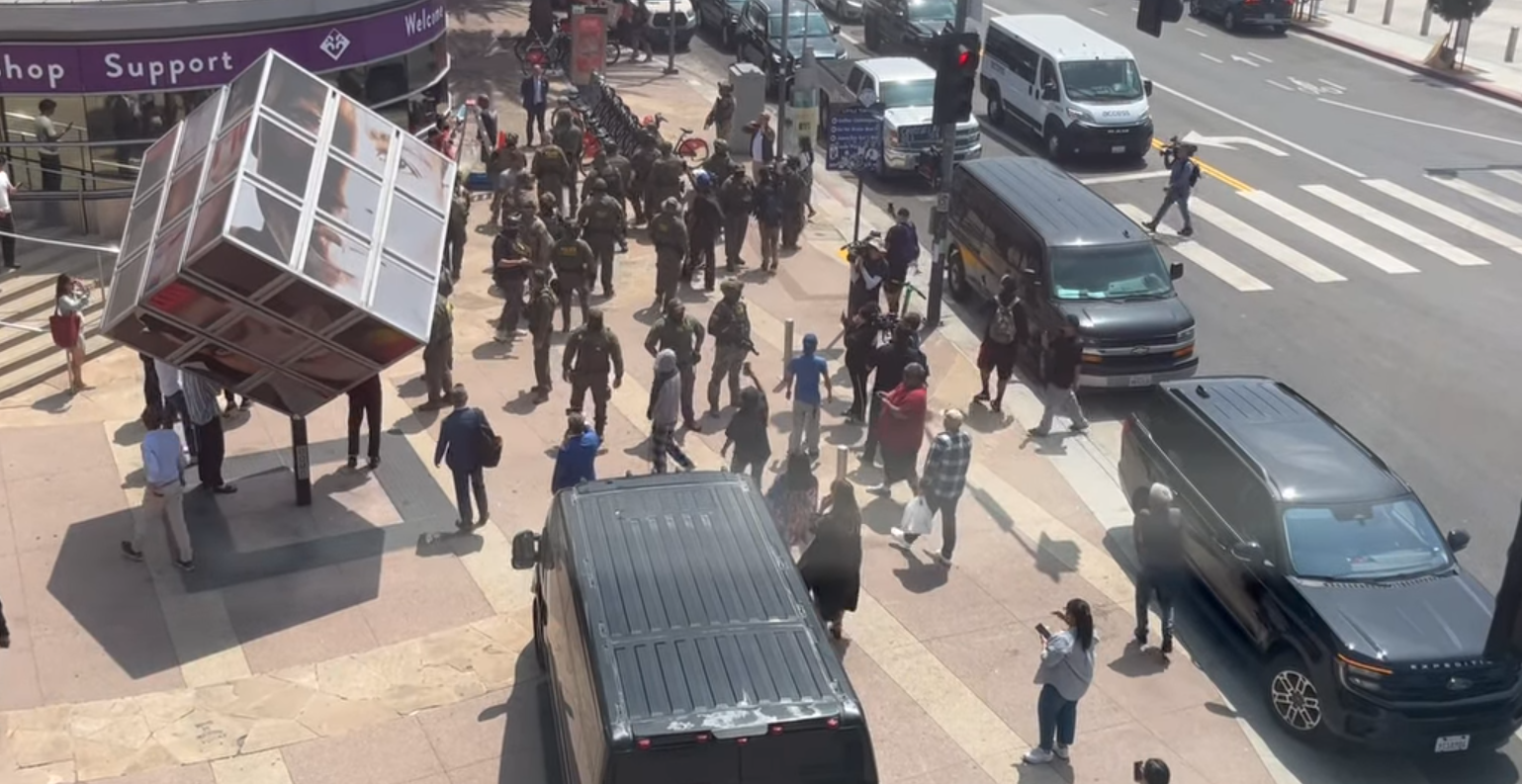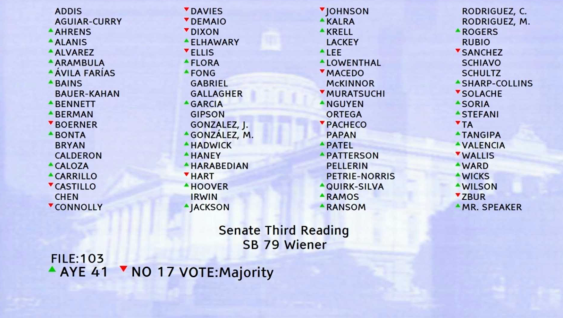Salvador Llamas, general manager of AC Transit, withdrew support for a $523,200 law-enforcement grant from the Department of Homeland Security on Tuesday afternoon after "several questions and comments from both Board Members and the public." The AC Transit Board was to vote on ratifying the grant at its regular meeting tomorrow.
The grant was intended to help fund overtime and other costs of patrolling the AC Transit system. AC Transit law enforcement is contracted to the Alameda County Sheriff Office. Questions arose because the grant carried potentially far-reaching information-sharing and cooperation stipulations added by the Trump Administration.
"Absolutely not," said AC Transit Ward 2 Board Member Jean Walsh, when asked Tuesday morning if she would vote to ratify the grant. "It's basically a bribe. It's 'here, take this relatively small amount of money in exchange for selling out our values.' I don't want to have any part of it."
In addition to requiring AC Transit to collaborate with immigration enforcement and Trump's executive orders, the grant agreement would have barred the agency from operating any programs that advance or promote DEI.

Had the grant agreement been approved by the board on Wednesday, AC Transit would have been "required to now comply with all ICE operations," said East Bay Transit Riders Union Bryan Culbertson. As to the DEI and other stipulations, "you cannot provide 'know your right documents' to your riders," he added as an example.
In addition to objections from advocates, Berkeley's mayor and members of that city's council wrote a letter to AC Transit "uging the Board to REJECT ratifying" the grant.
This kind of federal grant agreement was already the subject of lawsuits from several states, including California. State Attorney General Rob Bonta filed two lawsuits in May, "challenging the Trump Administration’s effort to unlawfully impose immigration enforcement requirements on billions of dollars in annual U.S. Department of Homeland Security and U.S. Department of Transportation grants."
That said, accepting a federal grant for security patrols and anti-terrorism enforcement is not unusual for transit agencies. "There's nothing wrong with this grant in previous iterations," said Walsh.
Meanwhile, Llamas, in his original memo to the board, argued that by funding overtime, law enforcement will be able to make AC Transit feel more secure. "There are no disadvantages to approving this staff report," he originally wrote, before issuing the new memo withdrawing the application.
However, agents have already arrested people at bus stops in Pasadena, as well as other locations in Los Angeles. Although rejecting the grant doesn't prevent that from happening in the Bay Area, advocates were confident that ratifying the agreement would have encouraged immigration arrests at AC Transit bus stops and made riders feel threatened.
"The decision to rescind the application for a grant from Donald Trump’s Department of Homeland Security is a victory for the communities we serve," said Walsh. "By rescinding this misguided grant application, we are reaffirming our commitment to building public trust and ensuring AC Transit remains a safe and welcoming space for everyone."
Llamas wrote that the agency will still be able to "address safety concerns along our corridors" without the grant.






